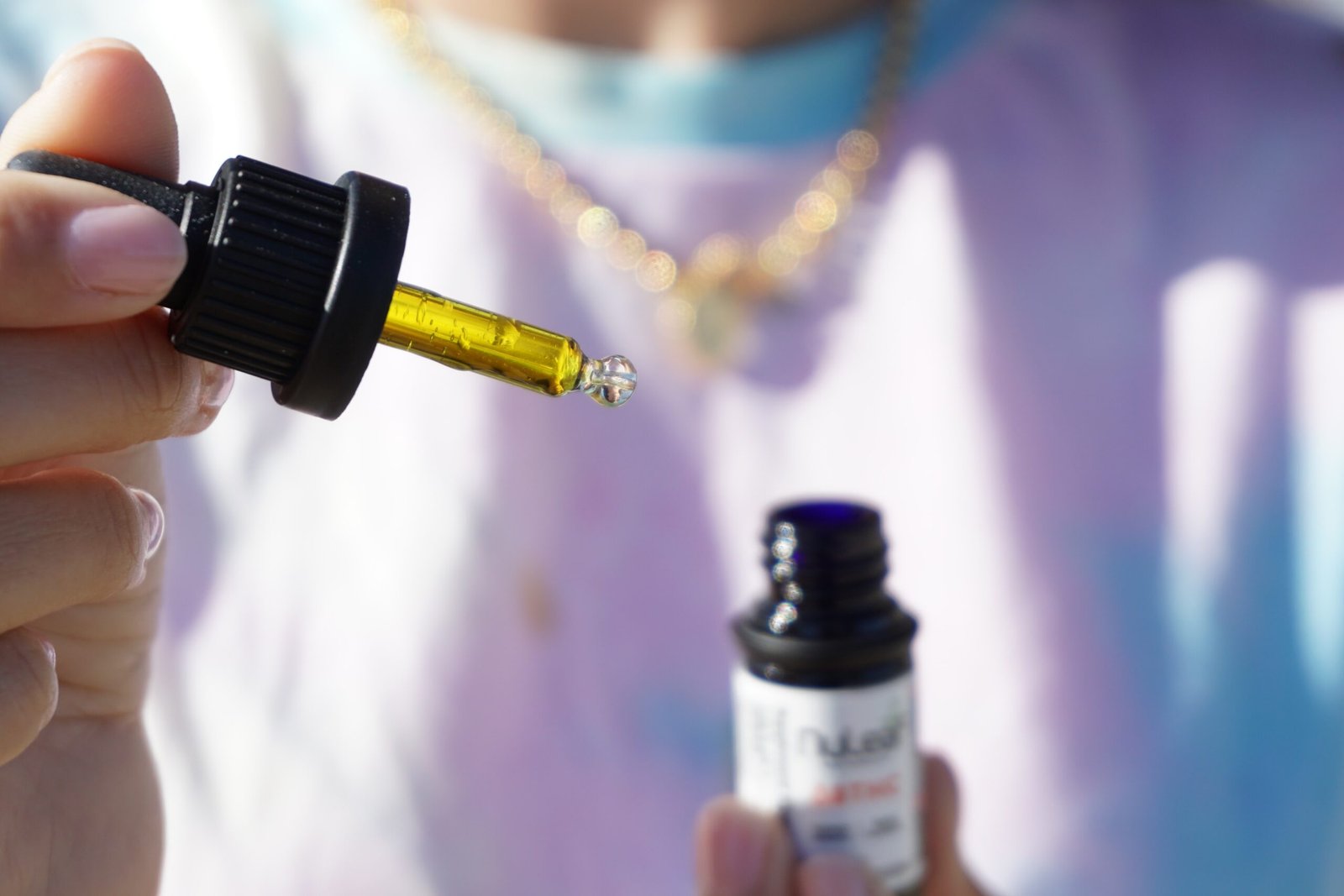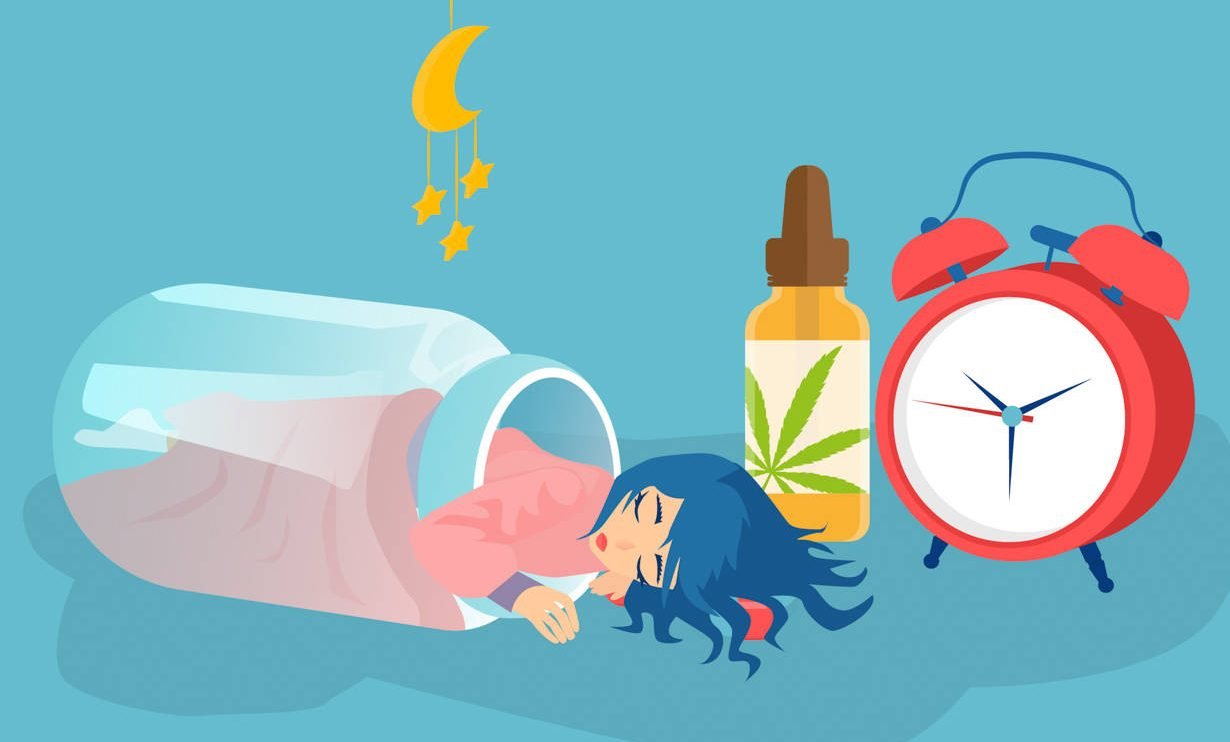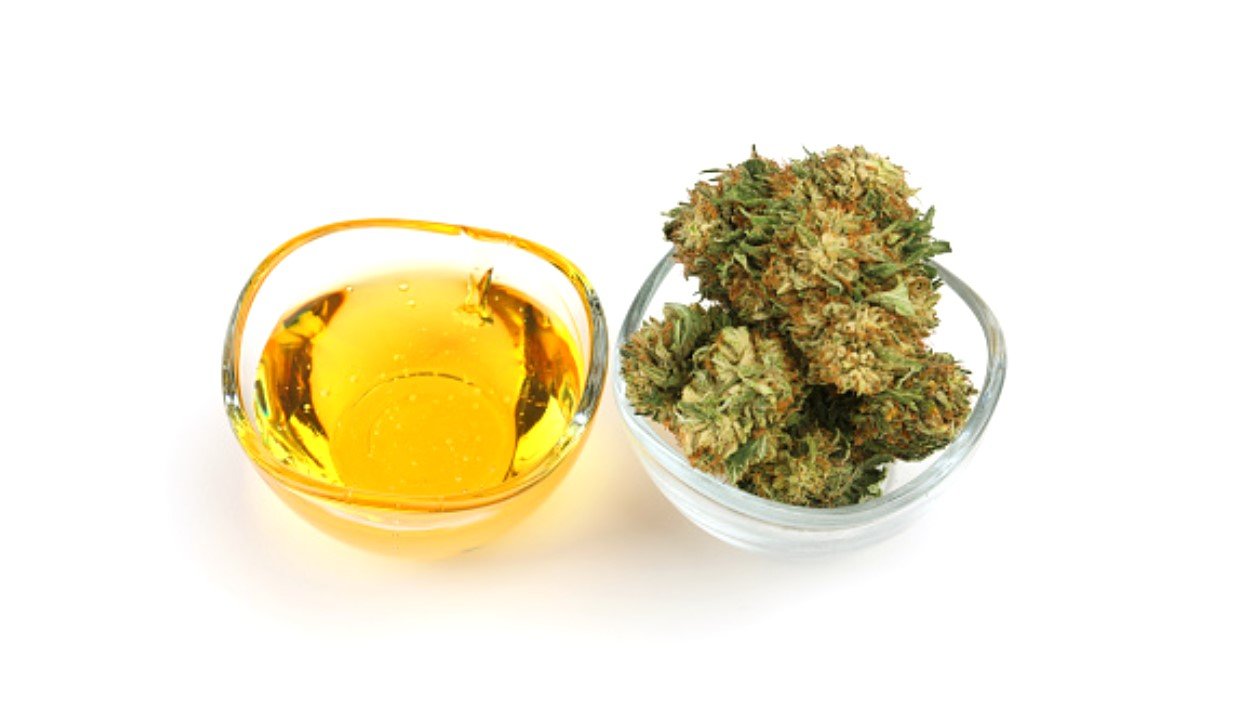Delta 8: 4 Things You Need to Know about the Compound

Delta 8 is a psychoactive CBD found in the plant of cannabis. It is a 9,10-dihydro derivative of the THC cannabinoid and has been shown to be active in both animal and human tissues.
Delta 8 THC is reminiscent of average THC. Except it has a secondary or tertiary hydroxyl group hydrogenated on the 9-position.
Delta 8 THC is an active ingredient in synthetic cannabis blends in Japan and New Zealand. It is also used as a precursor to the manufacture of several pharmaceutical compounds such as medications that enhance appetite, prevent vomiting and increase neuromuscular relaxation.
Consumers need to understand that delta-8 THC products have not been evaluated or certified by the FDA for medical use. They can be sold in various ways that put public health at risk, and children and pets should particularly avoid them.
In this blog, we will discuss 4 things that you should know about Delta 8.
Is Delta 8 Legal?

As we already mentioned, Delta 8 is illegal.
The FDA knows about the growing concerns surrounding online and retail sales of delta-8 THC goods. However, it has not reviewed or approved any of these goods for safe usage in any situation.
Furthermore, since some of these items are labeled only as "hemp products," people who associate "hemp" with "non-psychoactive" may be misled.
The FDA is likewise concerned by the increasing number of goods containing delta-8 THC marketed for therapeutic or medical purposes but have not been authorized by the FDA.
It is a violation of federal law to sell unapproved items that make unsubstantiated therapeutic claims. These goods haven't been shown to be safe or helpful, so they put consumers in danger.
Patients and other customers might use unproven remedies instead of authorized treatments to cure severe and even deadly diseases rather than real cures because they are victimized by misleading advertising.
Is Delta 8 THC Safe?
The natural amount of delta-8 THC in hemp is minimal, and additional chemicals are required to convert other cannabinoids found in hemp, such as CBD, into delta-8 THC.
To produce delta-8 THC via chemical synthesis, some manufacturers may employ hazardous household chemicals.
Other chemicals may be used to modify the color of the product.
Because of the chemicals used in the process, the final delta-8 THC product might have potentially dangerous byproducts (contaminants). There's uncertainty regarding other potential pollutants present or generated depending on the raw material's composition.
These chemicals, including those used to create (synthesize) delta-8 THC and the byproducts generated during synthesis, can be harmful if ingested or inhaled.
Delta-8 THC is a chemical used to manufacture cannabis products produced in either controlled or unclean environments, which might expose consumers to dangerous pollutants or other potentially harmful substances.
Manufacturers are packaging and labeling these goods in a manner that may attract children (gummies, chocolates, cookies, sweets, and so on).
The majority of these goods may be found online and at numerous shops, including convenience stores and gas stations, where there are no age restrictions on who can buy them.
There have been numerous poison control center alerts for pediatric patients exposed to delta-8 THC-containing goods.
Additionally, animal poison control centers have noticed a considerable increase in accidental exposures of pets to these substances. Children and animals should be kept away from these items.
How Long Does Delta-8 Stay in Your System?

If you've taken a delta-8 once or twice in your life, it'll stay in your system for four days. Also, don't set a drug test within three days of using it because several tests will be able to detect it.
However, if you are a seasoned delta-8 user and have been taking it frequently, expect to wait at least a month before passing a drug test. Although not all tests may detect THC consumed a month before the test, certain advanced ones can.
Delta 8 Side Effects
Dry Mouth
Cottonmouth (also known as dry mouth) is one of the most common adverse effects of Delta 8. As long as Delta-8 is present and active in your body, your month will most likely feel dried. When Delta 8 is taken, many people drink a lot of water to avoid this. However, a widespread misconception is that dehydration may occur; in fact, it does not. It's the result of enzymes influencing your salivary glands.
Dry eyes
It's no surprise to those who wear contact lenses. Consider how it feels to keep your eyes closed for a minute. It entails repeatedly rubbing your eyes in an attempt to bring them back to normal. However, Delta 8's presence in your body persists as long as it is there. As Delta 8's effects wear off, you'll notice that your eyes feel dry.
Anxiety Problems

Even if Delta 8 reduces anxiety and paranoia when taken, taking too much of it might make you feel jittery. Despite Delta 8 being characterized as having some of the hallucinogenic effects of Delta 9, ingesting large amounts of anything might induce anxiety.
Concentration Issues
It might be frustrating. However, the timing of Delta 8 intake is crucial. It's better to do this in your free time rather than while you're working. Understandably, taking Delta 8 during business hours might cause you to be less productive because it is designed to relax you and give you a "high." Delta 8 can have a negative impact on your cognitive and physical functioning, making it hard to focus.
Wrapping up
To conclude, Delta 8 is a psychoactive compound found in the cannabis plant. It does not offer the same beneficial effects CBD offers, but its psychoactive effects are remarkable. Delta 8 is considered a neglected cannabinoid since research on this compound has been limited.
Studies have shown that an increase of Delta 8 does not produce significant changes in anxiety or pain perception in mice. It was found to lower the blood pressure, body temperature, and locomotor activity in these animals.
Additionally, it is essential to note that the FDA does not approve any specific Delta 8 product to treat any disease. It has not evaluated the safety and effectiveness of Delta 8 concentrate, so we do not know what conditions it can be used for or if it's safe to use over the long term.
This is why serious research is needed for Delta 8 before making conclusions about its therapeutic effects.



